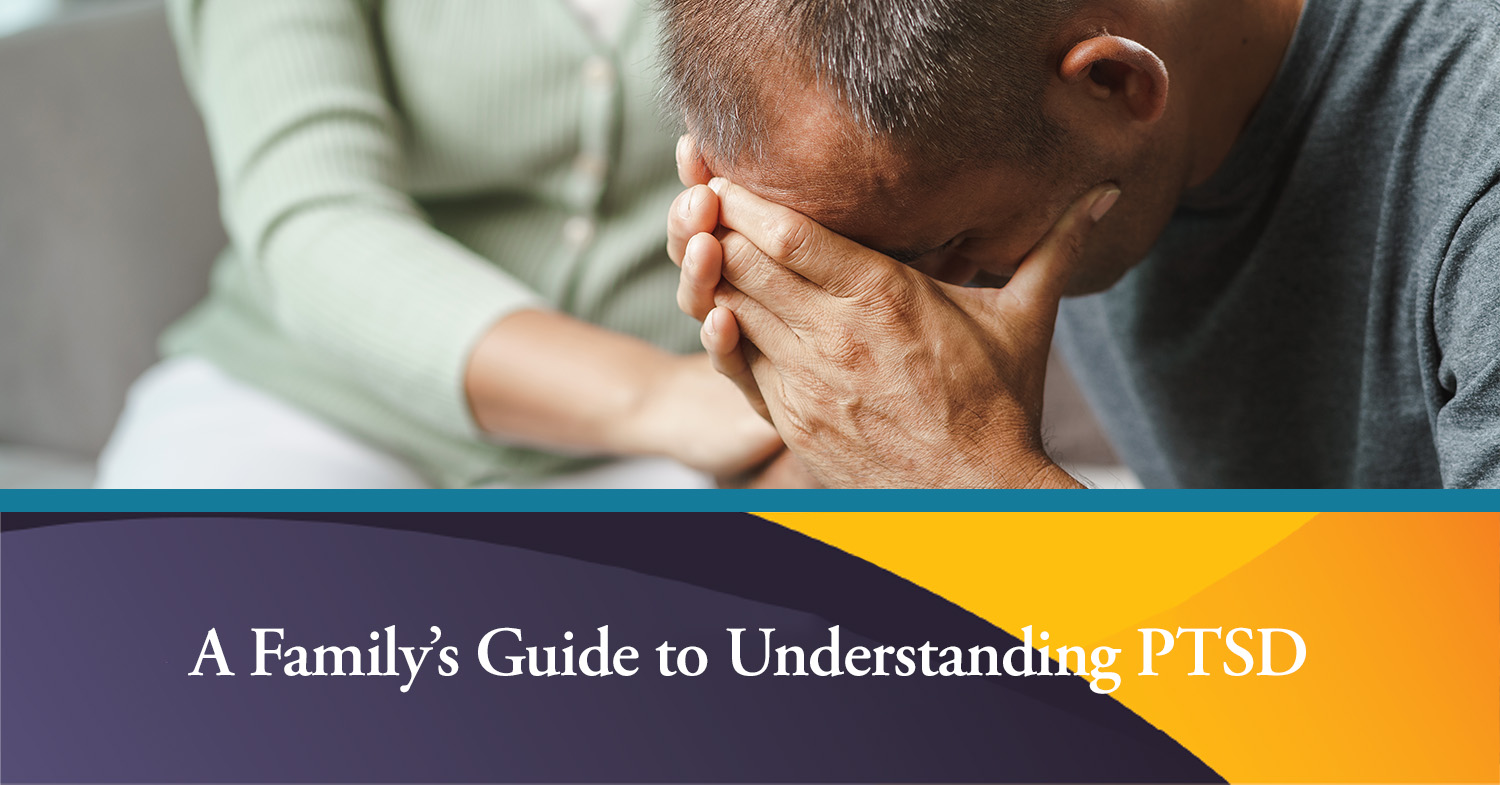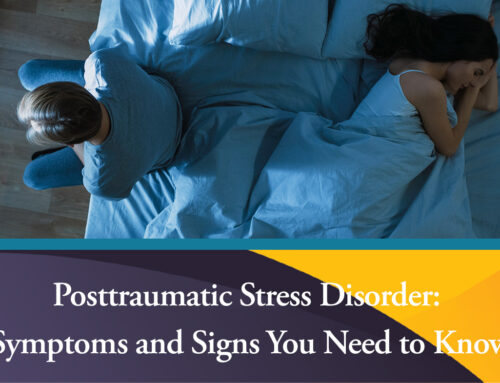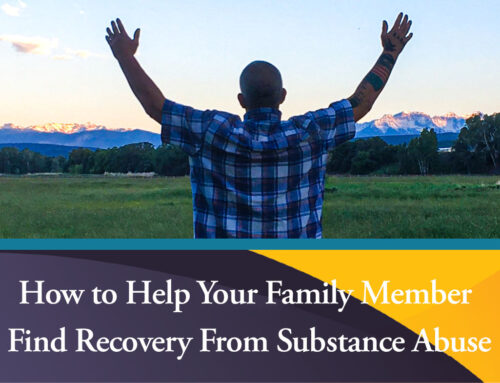Have a loved one with PTSD but not sure how to help them? Here’s our guide to help your family understand and support your loved one.
What is PTSD?
Posttraumatic stress disorder (PTSD) is a mental health condition that may occur in people who have witnessed or experienced a traumatic event, series of events, or set of circumstances. An individual experiences this as emotionally or physically harmful and may affect mental, physical, social, and/or spiritual well-being. A traumatic event can include natural disasters, intimate partner violence, rape/sexual assault, terrorist attacks, and war/combat.
PTSD in Veterans
People enlisted in the military may see combat or go on missions that expose them to devastating or dangerous experiences. Or a person may experience a serious training accident. Those experiences can result in PTSD. Among Operations Iraqi Freedom and Enduring Freedom, Gulf War, and Vietnam veterans, between 11-20% have PTSD in any given year.
The politics surrounding war, where it is fought, the type of enemy faced, and the things a soldier does in combat can lead to posttraumatic stress disorder.
The Role of the Family
It can be hard to watch your loved one deal with the symptoms of PTSD. It’s crucial to know the family can either positively or negatively impact a loved one’s posttraumatic stress disorder symptoms. The first step in living with and helping a loved one is learning about the symptoms and how these symptoms may influence their behaviors.
Symptoms Your Family Member May Experience
Posttraumatic stress disorder symptoms may vary from person to person, but they are mostly grouped into four types:
- Reliving the event – This includes recurring and unwelcome memories, flashbacks, nightmares, and intense emotional and physical reactions to triggers.
- Negative thoughts and feelings – A person may feel hopeless about the future, experience guilt or shame, have memory problems, feel distant from friends and family, lose interest in once-loved activities, and/or feel numb emotionally.
- Avoidance – This symptom means a person may try to keep busy so they don’t have to talk about the event. They may avoid people, places, and situations that remind them of the event.
- Feeling on edge – A person may startle more easily, be hyperalert for danger, have trouble sleeping, have trouble focusing, and/or engage in self-destructive behaviors (drinking, drugs, etc.)
How You Can Help Your Loved One
Families naturally want to know what they can do to support loved ones with posttraumatic stress disorder. These tips below can help start the healing process.
Educate Yourself
In order to support your loved one in the best way, you need to have a thorough understanding of it. This is true whether you’re a spouse, parent, child, or sibling of someone with posttraumatic stress disorder. We gave a little background into what it is and what some symptoms are, but by reading books and doing more online research, you’ll have a much better understanding of what your loved one is facing.
Be Available to Listen but Don’t Pressure Them
Sometimes, they just need someone to listen to them without interruption or judgment. Being available to lend an ear is an excellent way for family members to show support. Anxiety can be a part of posttraumatic stress disorder, and your loved one might need extra assurance that you’re there to support them and they can’t do anything to drive you away.
But the most important thing to remember: everyone is different. While some might want to talk right away, others may need months or years before they feel ready to mention their trauma. This can be frustrating for family members who just want their loved one to get better. But pressuring someone to talk before they feel ready will only backfire. The best thing to do is let your loved one know you’re there to support them and will listen when they feel ready to talk.
Don’t Minimize
It’s vital to not minimize your loved one’s experience with PTSD. Making statements that minimize their feelings, cause shame, or create unfair comparisons is likely to aggravate their symptoms. These statements include:
- “You’re overreacting.”
- “You’re acting crazy.”
- “What’s wrong with you?”
- “Others have it worse.”
- “What happened to you isn’t that bad.”
Consider that your loved one’s actions may be a trauma response. A trauma response can be the body’s way of protecting itself, even when the behavior doesn’t seem rational in the moment.
Help Your Loved One Seek Support
It can be hard for someone to deal with PTSD, but they don’t have to suffer. Help is out there, and you can support them in seeking treatment. Offer to take over finding resources for them and looking for in-patient treatment. If they’re apprehensive, do the work together so they can see help is waiting for them.
Let Calvary Ranch Colorado Be There for You
Posttraumatic stress disorder treatment is possible, and a family’s support and understanding can be invaluable on your loved one’s road to recovery.
If you or a loved one is struggling with PTSD, it’s time to seek out help. Our Rehab Ranch in Montrose, CO, is a simple place with a simple program. Calvary Ranch Colorado is located on a working cattle ranch surrounded by rivers, lakes, trees, and majestic mountain views. Abundant wildlife also shows God’s creation and adds to the tranquility of this place. Check out our What to Expect information to learn more.



